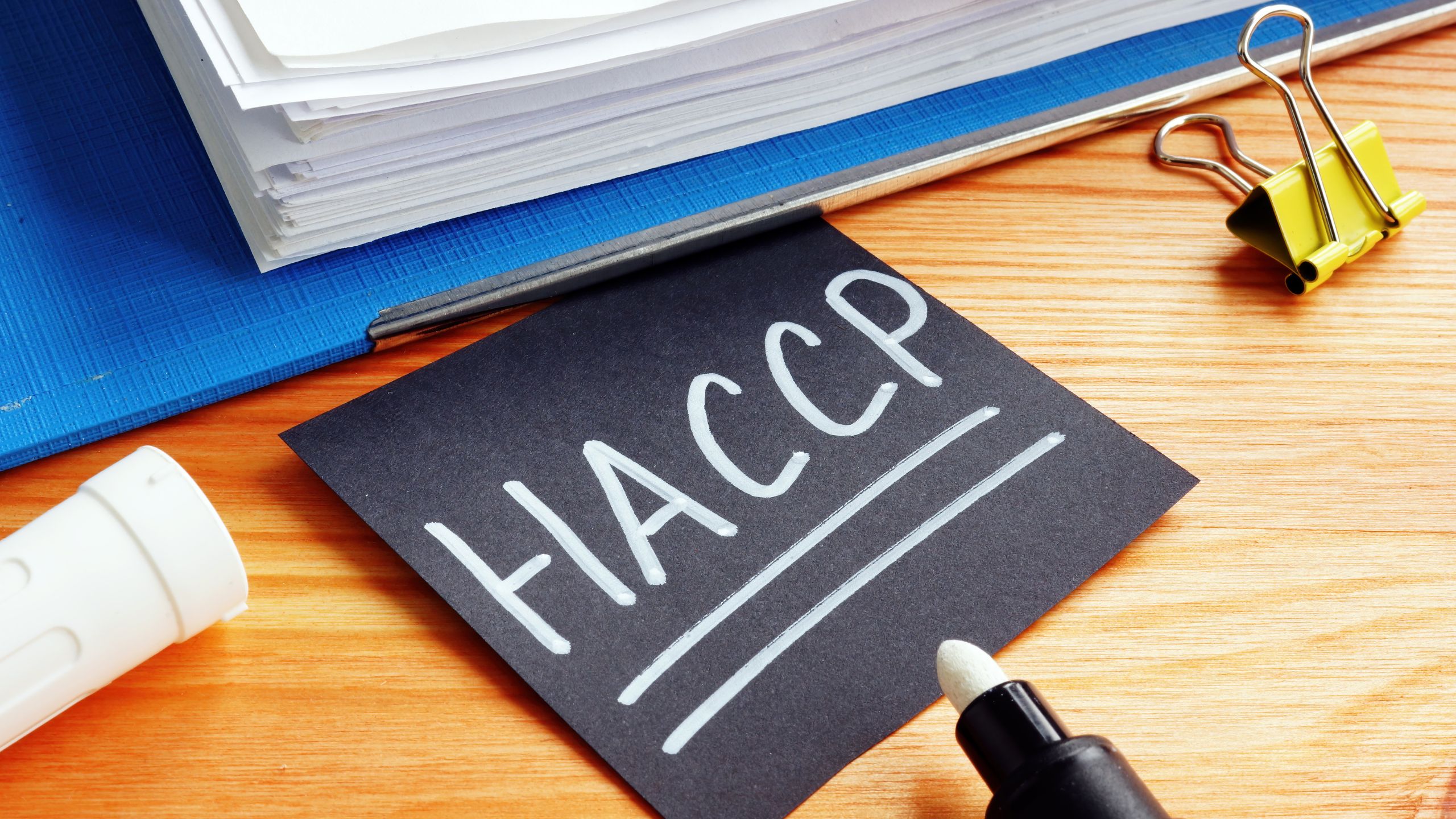Why HACCP Matters in the SQF Framework
At the heart of the Safe Quality Food (SQF) Code lies one fundamental concept: Hazard Analysis and Critical Control Points (HACCP). Whether you’re new to food safety programs or pursuing your tenth SQF audit, HACCP remains the foundation upon which all risk-based systems are built.
SQF is a GFSI-benchmarked standard, and GFSI requires all certified programs to be HACCP-based. That means any facility seeking SQF Food Safety Code certification must demonstrate a fully developed and validated HACCP plan tailored to its products, processes, and risks.
A Quick Recap: What is HACCP?
HACCP is a systematic, science-based approach to identifying, evaluating, and controlling food safety hazards. It consists of seven principles that guide facilities through:
- Conducting a hazard analysis
- Determining critical control points (CCPs)
- Establishing critical limits
- Establishing monitoring procedures
- Establishing corrective actions
- Establishing verification procedures
- Establishing record-keeping and documentation procedures
While this article serves as a broad overview, we offer in-depth guides on each principle to help teams master implementation at a practical level.
How HACCP Integrates into the SQF System
In the SQF Code, your HACCP plan isn’t a separate document—it’s fully integrated into your Food Safety Plan. This plan forms the operational core of your SQF program, and auditors will scrutinize it closely.
The SQF system requires that your HACCP plan:
- Is developed by a trained and competent team
- Is specific to each product or product group
- Is reviewed at least annually or whenever changes occur
- Is validated with scientific and technical justification
- Includes robust supporting documentation (flow diagrams, hazard justifications, CCP monitoring records)
The Role of the SQF Practitioner in HACCP
The SQF Practitioner must be trained in HACCP methodology and demonstrate the ability to develop, implement, and maintain the HACCP-based food safety plan. This individual is the internal authority on hazard identification and mitigation.
Registrar Corp offers recognized HACCP and SQF Practitioner training, ensuring your team is fully equipped to meet GFSI and SQF expectations.
HACCP and Continuous Improvement Under SQF
SQF doesn’t view HACCP as a one-time task. Auditors expect facilities to:
- Analyze deviations for systemic issues
- Review CCP trends to improve control strategies
- Leverage internal audits and verification to refine the plan
This commitment to continuous improvement ensures that the food safety system evolves with operational changes, supplier inputs, and regulatory developments.
Preparing for SQF Audits: What Auditors Expect
During an SQF audit, your HACCP program will be reviewed for:
- Technical accuracy and product/process specificity
- Validation of CCPs and critical limits
- Ongoing verification and recordkeeping
- Staff knowledge of CCPs and monitoring procedures
Pro Tip: Train line workers and QA techs to explain the CCPs they monitor. Auditor interviews are common and often reveal whether HACCP principles are practiced or just documented.
Final Thoughts: Why Mastering HACCP Is Non-Negotiable
SQF certification isn’t possible without a functioning HACCP plan—and not just on paper. It must be implemented, maintained, and embraced by every department. For individuals seeking SQF certification, especially aspiring SQF Practitioners, HACCP fluency is essential.
Facilities that build strong HACCP systems not only comply with SQF—they improve operational stability, reduce risks, and build trust with customers and regulators alike.








